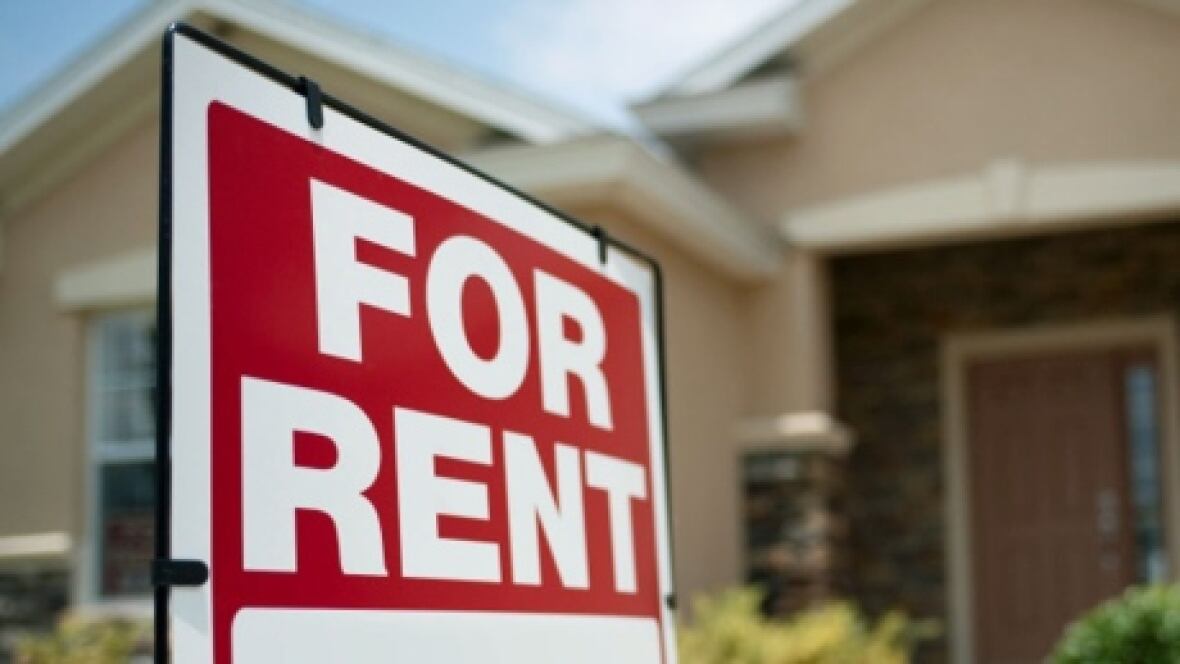Proposed property tax surcharge would put cash in the hands of Vancouver residents
Tax surcharge would penalize owners of vacant properties and give money to people who live in the city
A group of Lower Mainland academics believe they've come up with a formula to take the sting out of Vancouver's sky high real estate and rental market.
Their idea — the B.C. Housing Affordability Fund — proposes a 1.5 per cent property surcharge on empty or scarcely used residential property.
Money collected from the surcharge would be redistributed to Canadian tax filers — owners and renters alike — who live in the municipality where a fund has been established.
"We want to make living and working in British Columbia more more affordable," said assistant UBC professor Tom Davidoff . "It's going to be funded 100 per cent by a surcharge on people who own property that's either vacant or very lightly occupied."
Avoids foreign ownership issue
Davidoff say the fund makes sense because it avoids the sticky issue of foreign ownership.
"We don't think it's appropriate to tag people based on where they come from," he said. "Instead it's what you do with the house. If you live in the house and you pay income tax to British Columbia and to the federal government, that provides an exemption."
"There's nothing about your nationality or citizenship, and we think that's very important," he said.

The fund would also provide exemptions to veterans, persons with disabilities and retirees receiving CPP or OAS. As well, exemptions would be granted for owners of rental properties based on the rental revenue they collect and report.
"The only way you have to pay the tax is if you own property and you choose not to rent it, or you barely occupy it and you don't pay taxes to Canada," said Davidoff. "We think that's probably a fairly small fraction of the population but it may be an awful lot of property value."
Davidoff says he and his team estimate that if the fund was currently operating in Vancouver it would pull in about $90-million, money which could be redistributed to city dwellers to off-set high residential costs.
'Turn your empty place into a rental'
"We're not discouraging investment in Vancouver; in fact for people who rent out their housing — the occupant gets a cheque and the landlord doesn't pay a tax," he said. "If you're an investor, all we're saying is turn your empty place into a rental; that's all we ask."
But local real estate guru Bob Rennie thinks the idea doesn't address the real reason Vancouver real estate is so expensive — lack of supply.
"Taxing the rich a little bit more isn't going to solve the issue of supply," Rennie told CBC. "These vacant houses are either waiting until [the owner] moves here, or until they tear it down. It probably takes a year to get a permit."
"The vacant condos in Coal Harbour are owned by people who own four or five homes around the world, he said. "I think we're looking for a sensational answer instead of getting ahead of it and looking for supply."
"We're all in Disneyland and we want to close the gates and keep the rides open," Rennie added.
With files from Meera Bains and Kamil Karamali